The first world war paintings of Paul Nash are so vivid and emotive that they have come to embody, as readily as any photograph, the horrendous, bitter misery of the trenches. His blighted landscapes represent the destruction of a generation of soldiers, men who were blasted apart as carelessly as the bomb-shattered mud in ‘The Mule Track’ (1918) or the reproachful twists of blackened wood and pocked land in ‘Wire’ (1918/9).
Already a subscriber? Log in
Subscribe for just $2 a week
Try a month of The Spectator Australia absolutely free and without commitment. Not only that but – if you choose to continue – you’ll pay just $2 a week for your first year.
- Unlimited access to spectator.com.au and app
- The weekly edition on the Spectator Australia app
- Spectator podcasts and newsletters
- Full access to spectator.co.uk
Or
Unlock this article
You might disagree with half of it, but you’ll enjoy reading all of it. Try your first month for free, then just $2 a week for the remainder of your first year.

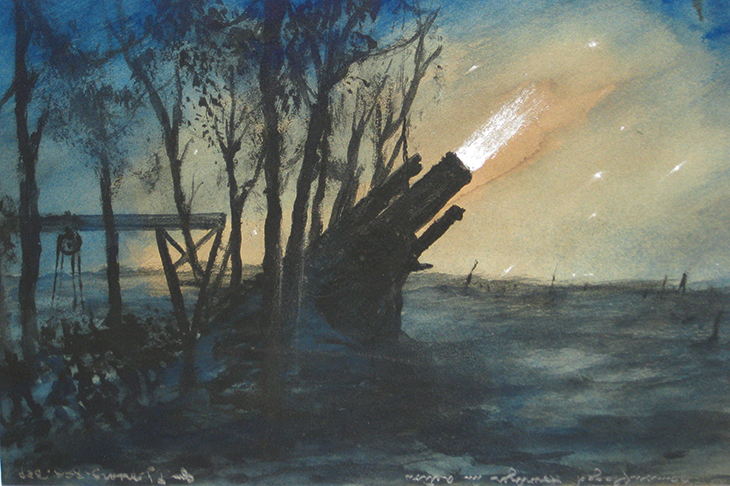
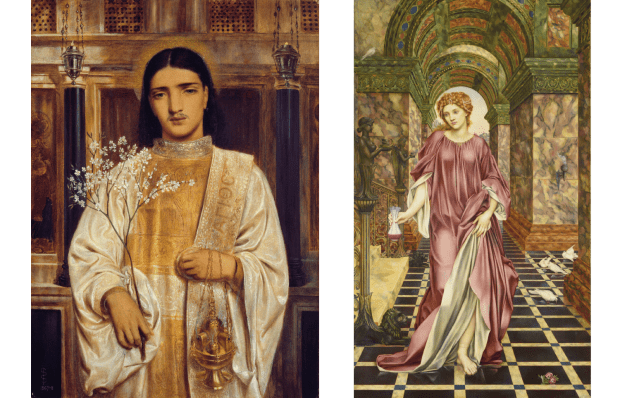
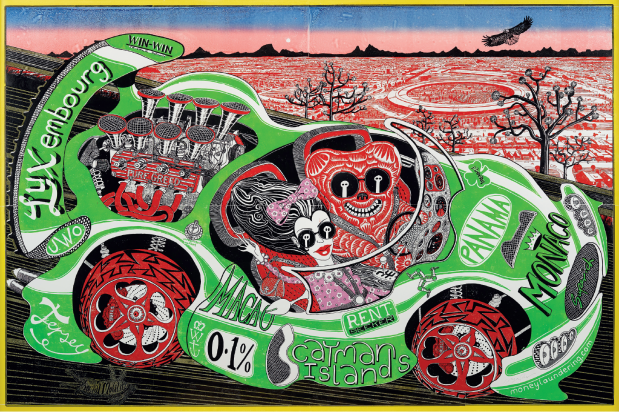
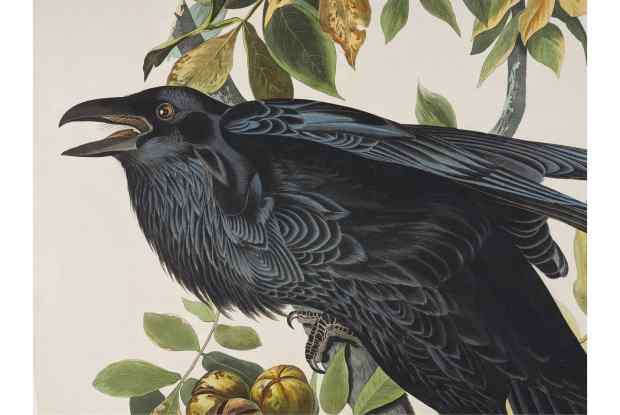
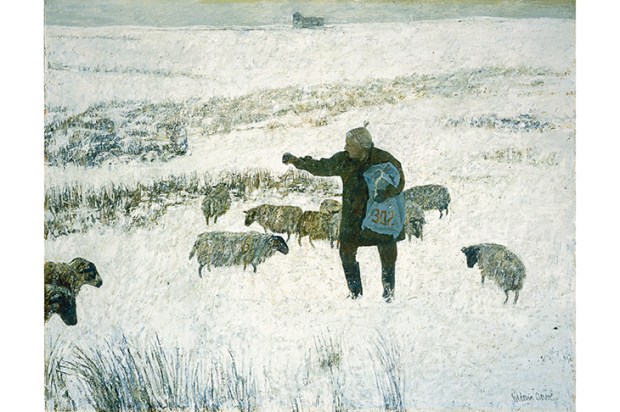
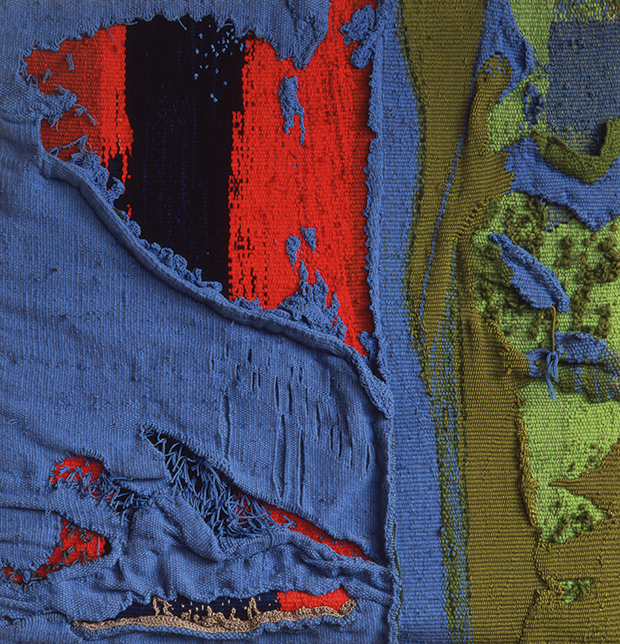







Comments
Don't miss out
Join the conversation with other Spectator Australia readers. Subscribe to leave a comment.
SUBSCRIBEAlready a subscriber? Log in